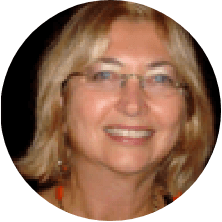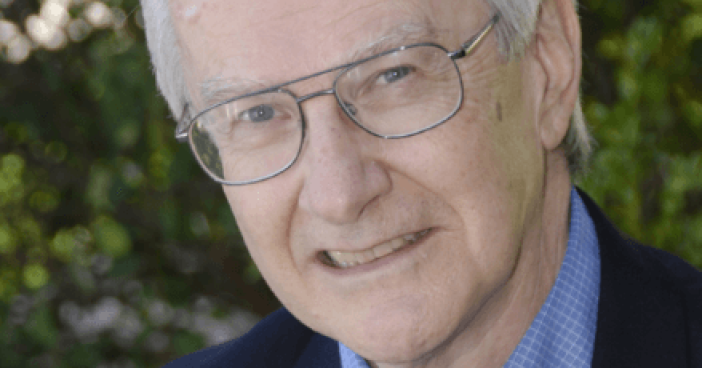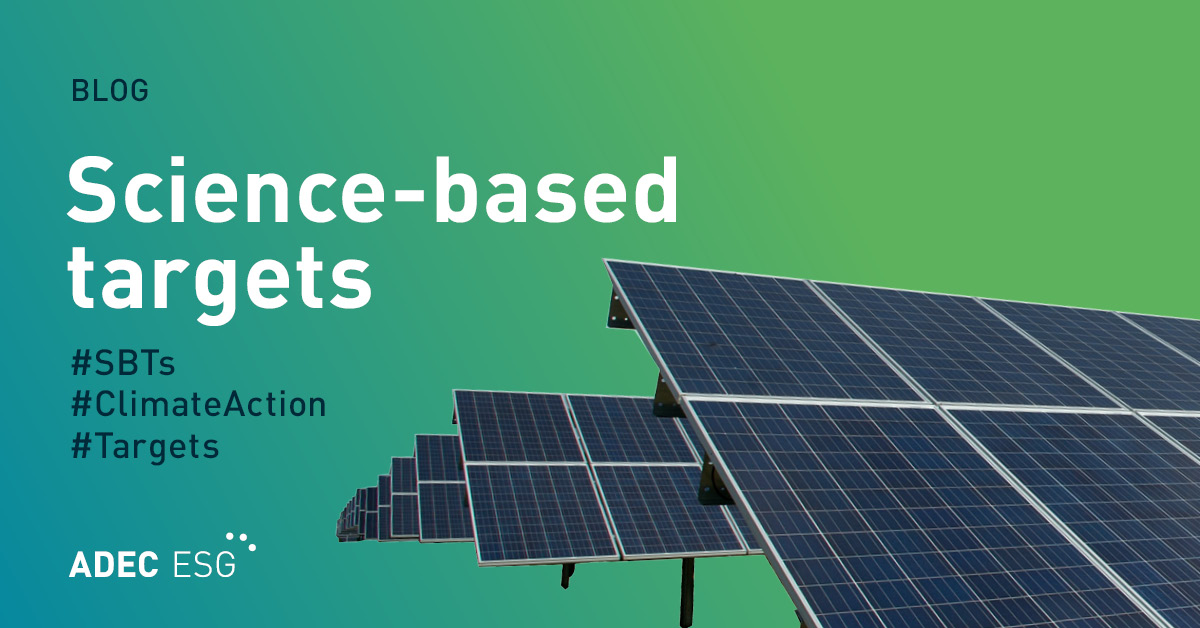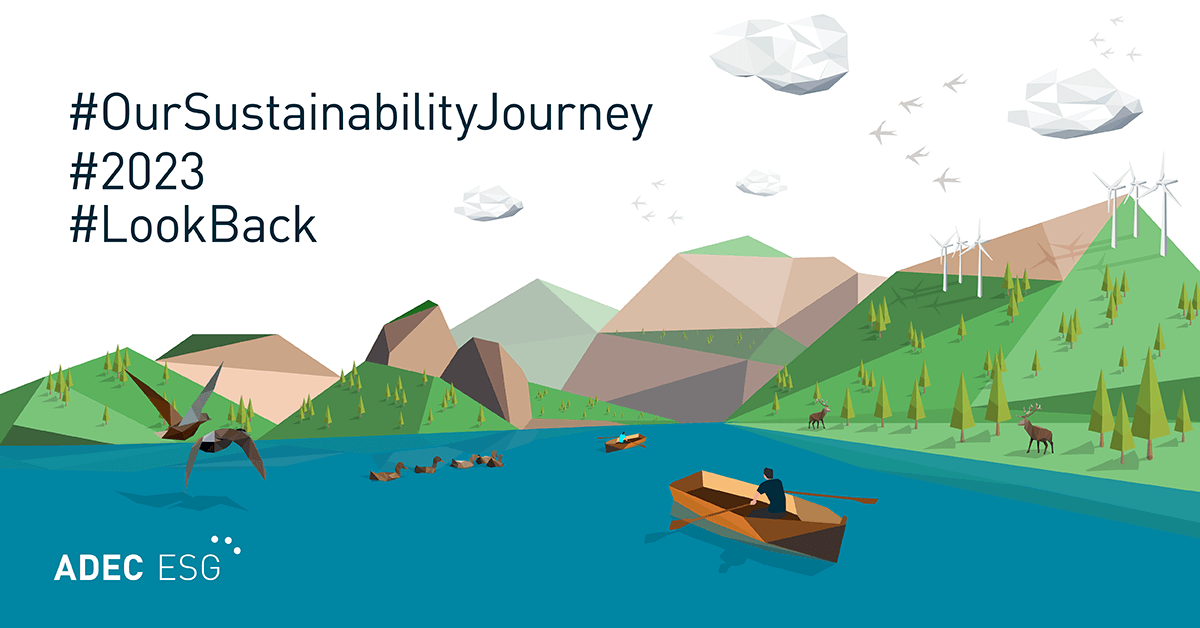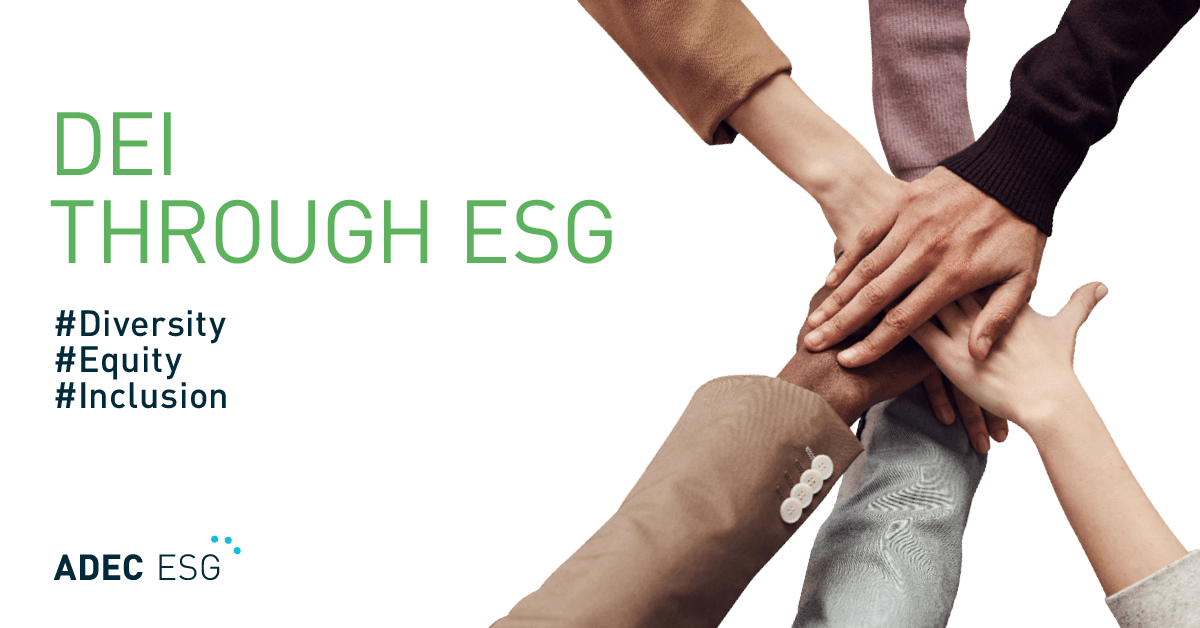An interview with renowned speaker Bob Willard.
Before Harvard’s Michael Porter coined the theory of “shared value” which means that “societal needs, not just conventional economic needs, define market,” there was Bob Willard.
Since 2002 Willard has written 4 books on why it makes good business sense for companies to embrace sustainability, and thereby improve their profits by at least 51-81%. The business case simply put is to make more money and reduce expenses in seven different areas – above and beyond what companies are already doing, over the next three to five years – and do what’s right for society and the planet.
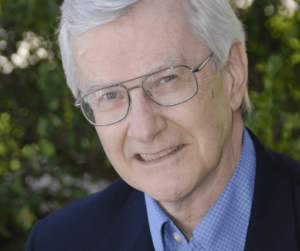
Willard gave over 100 speeches and webinars last year around the globe to businesses, academia, governments and not-for-profits stirring discussions and steering corporate direction through “the perfect storm” of sustainability issues. His message: “It’s doable and not hard to do. Don’t wait. Do things for the bottom line and do things for society.” He encourages companies to be proactive, know and track their data to make good decisions that are in the best interest of the company, society, and the environment.
Evidence of companies doing this successfully and improving their bottom line and society, makes this “a no brainer,” according to Willard. He cites the well-documented case study of Veriform, a manufacturing company in Cambridge, Ontario, Canada. The founder’s goal was simple – reduce the amount of electricity used. He undertook 42 projects and reduced his electricity use by 58% and increased his profit by 76%. His average payback period for all 42 projects – 6.3 months on total investments of $46,186 over three years. Willard disclosed, “I didn’t believe him to tell you the truth. I checked their financial statements which they were good enough to share with me – it was there in black and white.”
Willard has hundreds of examples of these success stories to support his belief that companies should take the reins and take charge of climate change by reducing their carbon footprint to improve business and the planet.
So, what triggered this inspiration?
It was personal. A local water treatment plant issue in the community Willard lived in the 1990s was his wake-up call. He knew he needed to take personal responsibility for things in the environment that were impacting him and his family – directly and indirectly. His years in business at IBM provided the foundation for his approach, “I knew governments couldn’t do this on their own. Businesses had to get involved, but how? Corporate executives have to stay focused on what benefits their companies or they’ll get fired. Sustainability had to provide a competitive advantage – and it does.”
His advice to business advisors helping companies achieve this competitive advantage is to build trust. “Be credible. Stay credible,” he explains. “Know your stuff and know their business code; keep your expertise up-to-date. You can’t be a wide-eyed tree hugger.”
And his advice to company executives, “get comfortable doing the right thing – it’s not a sustainability sacrifice but a sustainability advantage.” Companies can start their sustainability analysis by using the free simulator on Willard’s website. Just plug in 7 financial numbers. It’s all about the data.
Did you enjoy this post? The author of this article is Lucy La Grassa. Learn more about her here.
